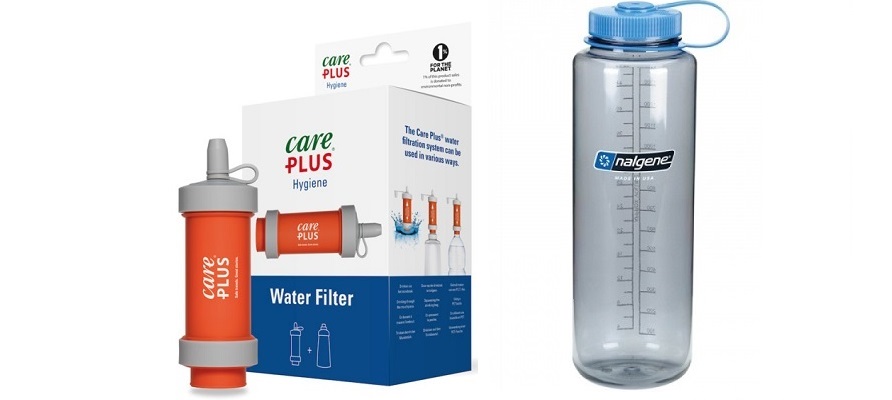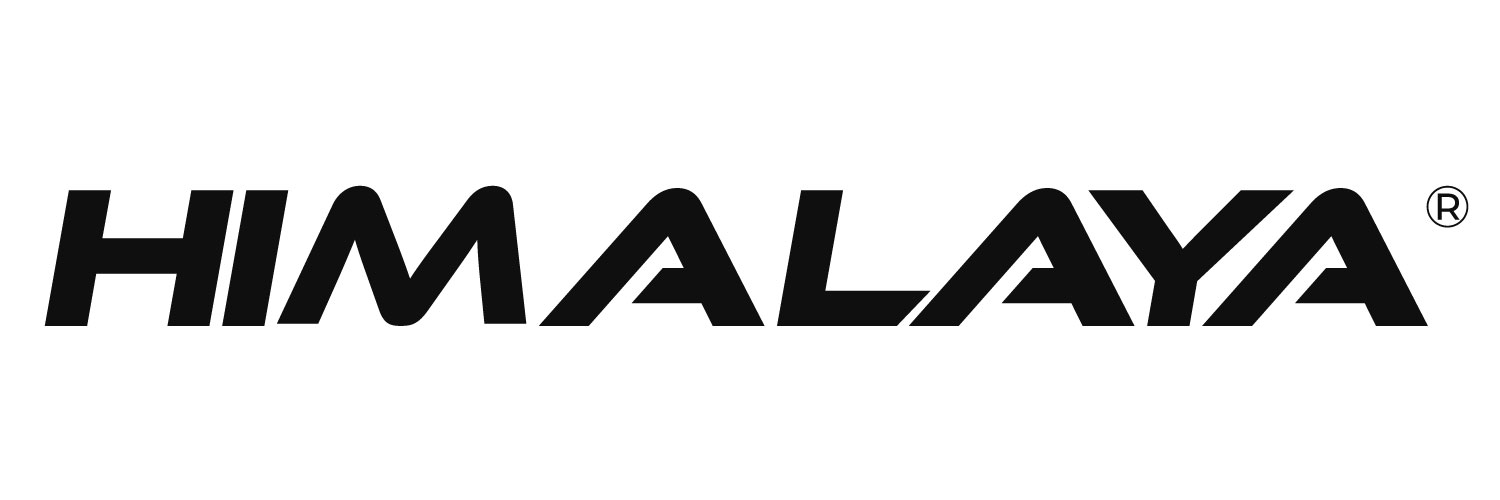HYDRATION ON THE JOURNEY

Since I know everything circulates in our country a series of myths related to training and many other phenomena in everyday life, most of the time, unfortunately a little far removed by a scientific reason. One of these myths is drinking during training. Opinions are divided. Somewhere in the past I remember the hot training days when the mouth was super dry and when the coach had forbidden us to drink water on the grounds that it would not be good. Far from the thought of offending any teacher or coach, this myth is unfortunately very misplaced. Here are some reasons why we should drink water during training, its role in training and in competitions.
What is water?? Water is an odorless, colorless and tasteless liqueur indispensable for life. Approximately 60- 70% of the mass of the human body without fat is constituted by water. The human body needs daily 2 to 7 liters of water for proper functioning and to avoid dehydration, the amount varies depending on the level of activity, temperature and other factors. Nor is excessive water consumption indicated considering the fact that a water poisoning could have fatal effects. The daily dose recommended by the National Research Council is 2.7 l / day for women and 3.7 / day for men.
In general, when we are thirsty, the human body already has a deficit of about. 1.5 l water! If you do a sports activity, the water is mostly lost through perspiration. A percentage of water of 2% of the weight of the uncompensated body (which represents about 1 liter of water in the case of an adult of about 70kg) can lead to a decrease in performance by up to 20%!! Thus, countless hours of training can become unprofitable due to insufficient hydration before, during and after training. By perspiration, not only water is lost, but also important minerals (salt, respectively electrolytes) are lost, which is why it is recommended to consume mineralized water (especially those that contain Natrium and Kaliu). The lispa of water primarily affects the muscles and brain, influencing the concentration and the reaction force.
Dehydration: can be defined as lowering the level of water in the body.
Dehydration is of three types:
isotone: the osmotic pressure of the extracellular space does not undergo changes due to the fact that the loss of water and salt occurs equally and generally occurs by the non-assimilation of water and salt equally (example: diarrhea)
- hypotonic: (water deficiency) occurs by losing a large amount of water, without losing parallel and salt (example: the case of thirst and febrile states)
- Hypertonic: occurs by the loss of a large amount of salt from the body (example: in the case of heavy sweating)
For a healthy hydration is not only important the quantity but also the quality. The ideal drink should be rich in vitamins and minerals and contain as little sugar as possible or preferably not at all.
The ideal drink should contain:
- carbohydrates: (50-70g/liter) to ensure the coverage of the reserves used;
- natrium: 500 mg / liter to optimize the assimilation of water, which prevents its immediate elimination;
- bicarbonate:1000 mg/liter to help the body eliminate lactic acid;
- magnesium: between 4-34g / l depending on perspiration (too much magnesium has rather a negative effect);
- kalium: between 121- 225 mg / liter.
Magnesium and Kalium should be assimilated preferably in the preparatory phase (heating).
The consumption of alcoholic beverages, coffee or tea are not recommended considering the fact that they favor dehydration.
What is lost through sweating?
- * Sodium Na 1,200 mg/l
- * Clorid Cl 1,000 mg/l
- * Potassium Ka 300 mg/l
- * Calcium 160 mg/l
- * Magnesium 36 mg/l
- * Sulfate 25 mg/l
- * Phosphate 15 mg/l
- * Zinc/Iron every 1.2 mg/l
What are the symptoms of a dehydration?
- * general weight loss
- * lethargy (lack of interest in training, absenteeism)
- *Disorientation
- * weight loss
- * dry mouth, skin and mucous membrane
- * muscle cramps
- * low voltage
Hydration modes:
- before effort: 5-30 minutes before effort it is recommended to assimilate a small amount of water (0.3-0.5l). During heating it is recommended to assimilate an adjusted amount of mineral water
- during effort: the loss of water must be constantly compensated by taking a small mouthful of water every 10 minutes (about 0.5 l of water / hour)
- after effort: in general it is not indicated the loss of more than 2% of the body weight by perspiration. At losses of over 3% (about 1.5l water in an adult of 70kg) they must be recovered within 24 hours of training. Immediately after training it is recommended to drink a mineralized water (rich in Na and Ka) to satiety and to compensate for the loss of water is recommended even a soup (not too salty) of vegetables. Eating certain vegetables and fruits can also help to have a good hydration, for example: cucumbers, tomatoes (salads), asparagus, pineapples, oranges, melon, etc. The best isotonic drink is apple juice diluted with water (1:3). Also in the regeneration phase are recommended natural fruit juices diluted with water (1:1) with a high content of Na, Ka and carbohydrates.
Injuries: insufficient water intake can lead to repeated injuries such as tendonitis.
Respect the daily dose of water and balance the water losses during training / competition and you will benefit from the best quality results.
www.himalaya.ro Himalaya.ro Team


